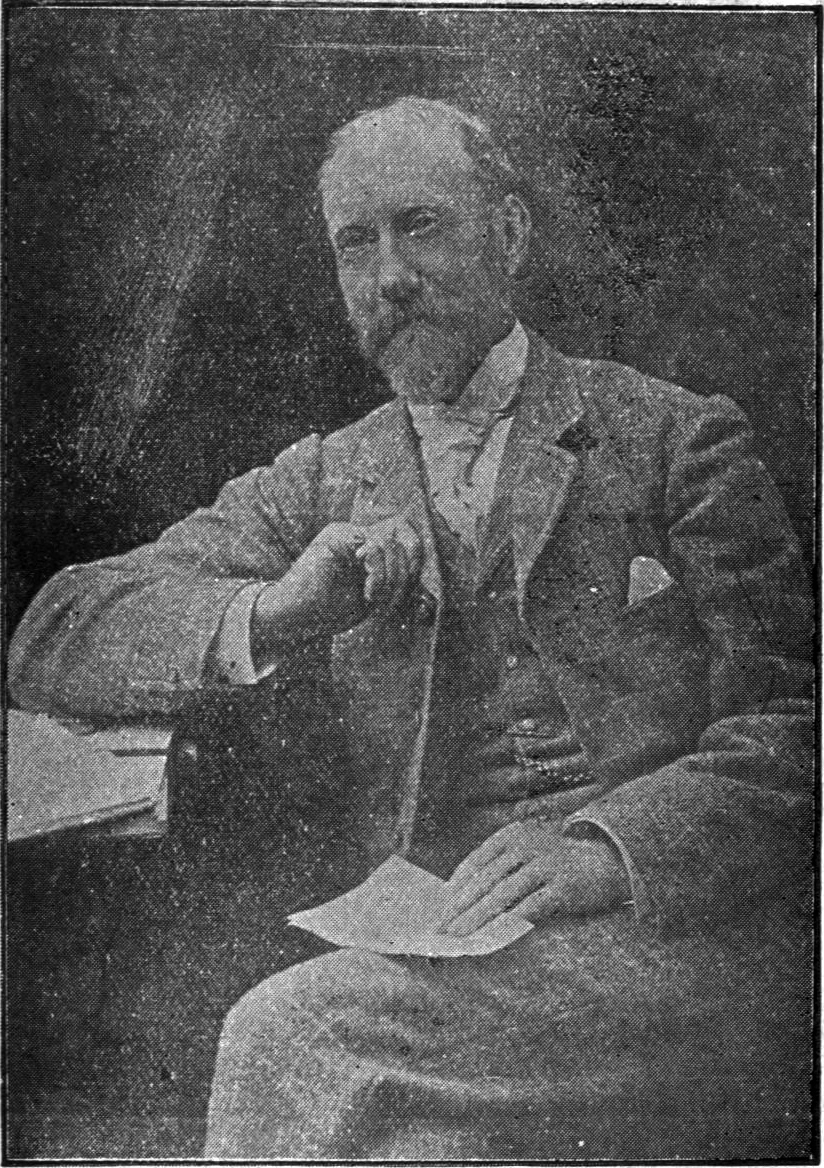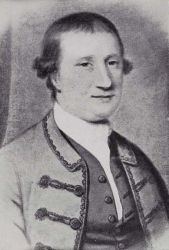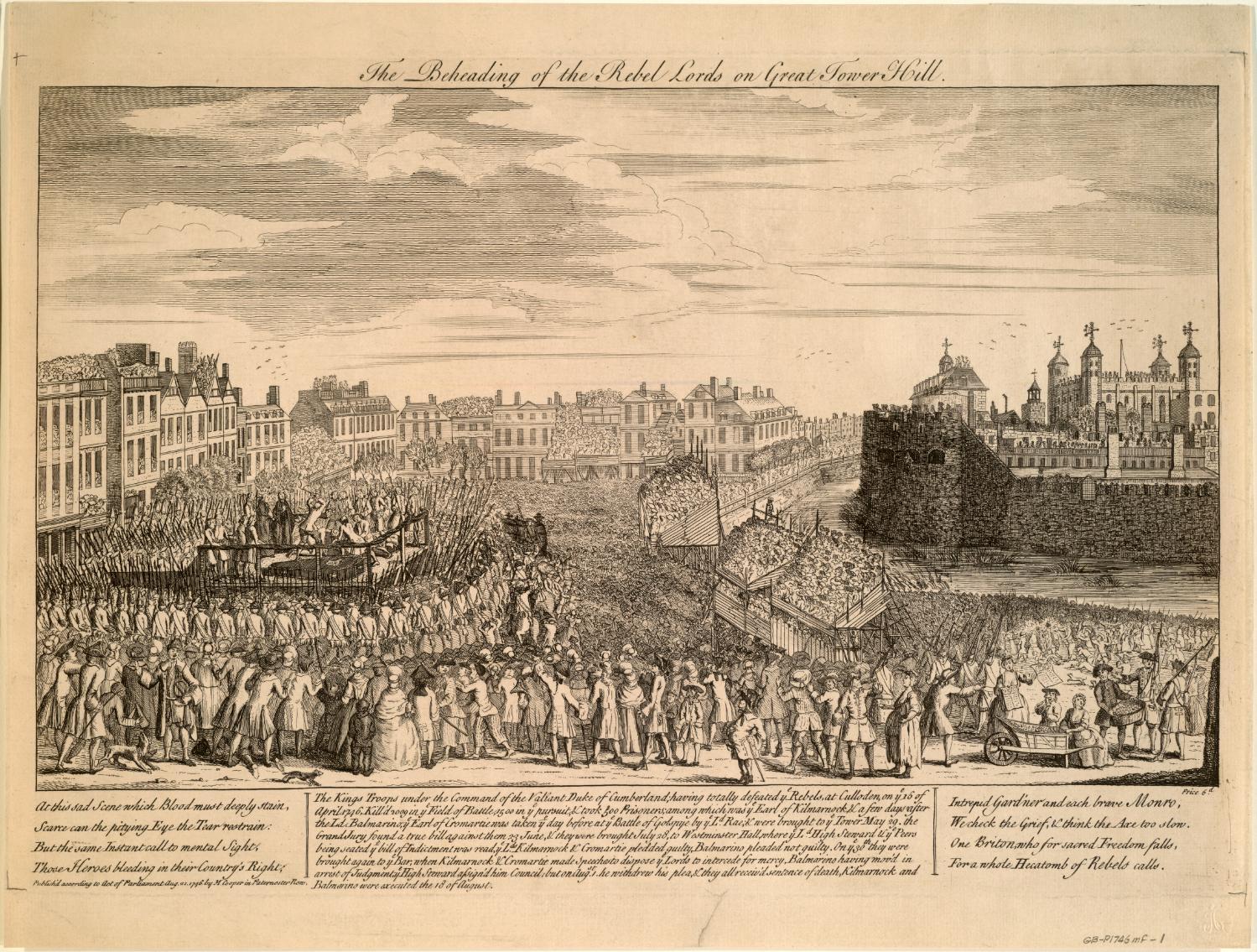|
Ogilvy-Wedderburn Baronets
The Wedderburn, later Ogilvy-Wedderburn Baronetcy, of Balindean in the County of Perth, is a title in the Baronetage of the United Kingdom created in 1803. Balindean The place-name associated with the baronetcy is Balindean; the place itself is now spelled Ballindean. The estate lies near Inchture, a village between Dundee and Perth on the northern side of the Firth of Tay. In 1769 it was purchased by John Wedderburn, who had rebuilt the family fortune by slave sugar plantations in Jamaica. In 1820 his son, the 1st baronet sold the Balindean estate to William Trotter, later Lord Provost of Edinburgh, for £67,000. The Wedderburn baronets had no further connection with Balindean, other than in the place-name associated with the title. The (NB spelling), the listed building visible today, is an 1832 rebuild. Overview The baronetcy is a revival of an earlier title held by the family, which had been forfeited in 1746 following the 1745 Rebellion. John Wedderburn was an advo ... [...More Info...] [...Related Items...] OR: [Wikipedia] [Google] [Baidu] |
Baronetage Of The United Kingdom
Baronets are a rank in the British aristocracy. The current Baronetage of the United Kingdom has replaced the earlier but existing Baronetages of England, Nova Scotia, Ireland, and Great Britain. Baronetage of England (1611–1705) James I of England, King James I created the hereditary Order of Baronets in England on 22 May 1611, for the settlement of Ireland. He offered the dignity to 200 gentlemen of good birth, with a clear estate of Pound sterling, £1,000 a year, on condition that each one should pay a sum equivalent to three years' pay to 30 soldiers at 8d per day per man (total – £1,095) into the King's Exchequer. The Baronetage of England comprises all baronetcies created in the Kingdom of England before the Act of Union 1707, Act of Union in 1707. In that year, the Baronetage of England and the #Baronetage of Nova Scotia (1625–1706), Baronetage of Nova Scotia were replaced by the #Baronetage of Great Britain, Baronetage of Great Britain. The extant baronetcies ar ... [...More Info...] [...Related Items...] OR: [Wikipedia] [Google] [Baidu] |
United Kingdom Postmaster General
The Postmaster General of the United Kingdom was a Cabinet of the United Kingdom, Cabinet-level Minister of the Crown, ministerial position in Her Majesty's Government, HM Government. Aside from maintaining mail, the postal system, the Telegraph Act 1868 established the Postmaster General's right to exclusively maintain electric Telegraphy, telegraphs. This would subsequently extend to telecommunications and broadcasting. The office was abolished in 1969 by the Post Office Act 1969. A replacement Statutory corporation, public corporation, governed by a chairman, was established under the name of the ''Royal Mail, Post Office'' (later subsumed by Royal Mail Group). The cabinet position of ''Postmaster General'' was replaced by a ''Minister of Posts and Telecommunications'', with reduced powers, until 1974; most regulatory functions have now been delegated to the Secretary of State for Digital, Culture, Media and Sport. However the present-day Royal Mail Group was overseen by the ... [...More Info...] [...Related Items...] OR: [Wikipedia] [Google] [Baidu] |
Sir William Wedderburn, 4th Baronet
Sir William Wedderburn, 4th Baronet, JP DL (25 March 1838 – 25 January 1918) was a British civil servant and politician who was a Liberal Party member of Parliament (MP). Wedderburn was one of the founding members of the Indian National Congress. He was also the president of Congress in 1889 and 1910, Allahabad session Early life William Wedderburn was born in Edinburgh, the fourth and youngest son of Sir John Wedderburn, 2nd Baronet and Henrietta Louise Milburn. His grandfather, Sir David, had had the title of the Wedderburn baronetcy restored to the family, following the attainder after the Jacobite rising of 1745 and the subsequent regain of fortune via the slave sugar plantations of Jamaica. William was educated at Hofwyl Workshop, then Loretto School and finally at Edinburgh University. He joined the Indian Civil Service as his father and an older brother had done. His older brother John had been killed in the 1857 uprising and William joined the service in 1860 ... [...More Info...] [...Related Items...] OR: [Wikipedia] [Google] [Baidu] |
Sir David Wedderburn, 3rd Baronet
Sir David Wedderburn, 3rd Baronet (20 December 1835 – 18 September 1882) was a British politician. Life David Wedderburn was the second son of Sir John Wedderburn, 2nd Baronet, and Henrietta Louise Milburn. His grandfather, Sir David, had had the title of the Wedderburn baronetcy restored to the family, following the attainder after the Jacobite rising of 1745 and the subsequent regain of fortune via the slave sugar plantations of Jamaica. He studied law at Trinity College, Cambridge, where he graduated as senior optime in 1858. He was called to the Scottish bar as an advocate in 1861. He succeeded to the title upon his father's death in 1862, his elder brother John having died in the Indian Rebellion of 1857. He was a justice of the peace for Midlothian and a captain in the Midlothian Yeomanry. He was elected as a Liberal Member of Parliament for South Ayrshire in 1868, holding the seat until 1874. He was then elected for Haddington Burghs in 1879, resigning in 18 ... [...More Info...] [...Related Items...] OR: [Wikipedia] [Google] [Baidu] |
Sir John Wedderburn, 2nd Baronet
''Sir'' is a formal honorific address in English for men, derived from Sire in the High Middle Ages. Both are derived from the old French "Sieur" (Lord), brought to England by the French-speaking Normans, and which now exist in French only as part of "Monsieur", with the equivalent "My Lord" in English. Traditionally, as governed by law and custom, Sir is used for men titled as knights, often as members of orders of chivalry, as well as later applied to baronets and other offices. As the female equivalent for knighthood is damehood, the female equivalent term is typically Dame. The wife of a knight or baronet tends to be addressed as Lady, although a few exceptions and interchanges of these uses exist. Additionally, since the late modern period, Sir has been used as a respectful way to address a man of superior social status or military rank. Equivalent terms of address for women are Madam (shortened to Ma'am), in addition to social honorifics such as Mrs, Ms or Miss. ... [...More Info...] [...Related Items...] OR: [Wikipedia] [Google] [Baidu] |
John Wedderburn Of Ballendean
Sir John Wedderburn of Ballindean, 6th Baronet of Blackness (1729–1803) was a Scottish landowner who made a fortune in slave sugar in the West Indies. Born into a family of impoverished Perthshire gentry, his father, Sir John Wedderburn, 5th Baronet of Blackness, was executed for treason following the Jacobite uprising of 1745, and the young Wedderburn was forced to flee to the West Indies, where he eventually became the largest landowner in Jamaica. In 1769 he returned to Scotland with a slave, one Joseph Knight, who was inspired by Somersett's Case, a judgement in London determining that slavery did not exist under English law. Wedderburn was sued by Knight in a freedom suit, and lost his case, establishing the principle that Scots law would not uphold the institution of slavery either. Wedderburn ended his days as a wealthy country gentleman, having restored his family fortune and recovered the title Baronet of Blackness. Ballindean is a country estate midway between P ... [...More Info...] [...Related Items...] OR: [Wikipedia] [Google] [Baidu] |
Sir John Wedderburn, 5th Baronet Of Blackness
Sir John Wedderburn, 5th Baronet of Blackness, was a Perthshire gentleman who joined the 1745 rebellion of Charles Edward Stuart. He was captured at the Battle of Culloden, taken to London, and convicted of treason. He was hanged, his estates were forfeit to the Crown, and his family was attainted. The Blackness in his title is Blackness House in Dundee rather than Blackness in Lothian just west of Edinburgh. His son John Wedderburn of Ballendean fled after his father's death to Jamaica, where he re-established the family's fortunes via slave sugar, and eventually regained his father's title. Early life Wedderburn was the son of Alexander Wedderburn, the 4th Baronet, "who had been deposed from his office as Clerk of Dundee in 1717 for supporting the Stuarts in the previous uprising of 1715" (the Jacobite rising of 1715 in support of the Old Pretender). John Wedderburn had a sister, Elizabeth, who married Alexander Read of Logie, Dundee in 1715; their daughter Catherine Re ... [...More Info...] [...Related Items...] OR: [Wikipedia] [Google] [Baidu] |
The Grave Of The Several Wedderburn And Ogilvy-Wedderburn Baronets, The Howff Cemetery, Dundee
''The'' () is a grammatical article in English, denoting persons or things already mentioned, under discussion, implied or otherwise presumed familiar to listeners, readers, or speakers. It is the definite article in English. ''The'' is the most frequently used word in the English language; studies and analyses of texts have found it to account for seven percent of all printed English-language words. It is derived from gendered articles in Old English which combined in Middle English and now has a single form used with pronouns of any gender. The word can be used with both singular and plural nouns, and with a noun that starts with any letter. This is different from many other languages, which have different forms of the definite article for different genders or numbers. Pronunciation In most dialects, "the" is pronounced as (with the voiced dental fricative followed by a schwa) when followed by a consonant sound, and as (homophone of pronoun ''thee'') when followed by a ... [...More Info...] [...Related Items...] OR: [Wikipedia] [Google] [Baidu] |
Name Change
Name change is the legal act by a person of adopting a new name different from their current name. The procedures and ease of a name change vary between jurisdictions. In general, common law jurisdictions have loose procedures for a name change while civil law jurisdictions are more restrictive. A pseudonym is a name used in addition to the original or true name. This does not require legal sanction. Pseudonyms are generally adopted to conceal a person's identity, but may also be used for personal, social or ideological reasons. Reasons for changing one's name * Marriage or civil partnership (e.g. Tiffany Rodriguez marries Aanchal Chaudhari and assumes her surname, becoming Tiffany Chaudhari) * Adoption, or marriage of a custodial parent * Divorce or estrangement of parents * Immigration / adaptation of the name to a different language or script (e.g. Samantha Ogden became Shilpa Ojha on becoming an Indian national) * To evade the law or a debt or commit fraud * To avoid a ... [...More Info...] [...Related Items...] OR: [Wikipedia] [Google] [Baidu] |
Special Remainder
In property law of the United Kingdom and the United States and other common law countries, a remainder is a future interest given to a person (who is referred to as the transferee or remainderman) that is capable of becoming possessory upon the natural end of a prior estate created by the same instrument. Thus, the prior estate must be one that is capable of ending naturally, for example upon the expiration of a term of years or the death of a life tenant. A future interest following a fee simple absolute cannot be a remainder because of the preceding infinite duration. For example: : A person, , conveys (gives) a piece of real property called "Blackacre" "to for life, and then to and her heirs". :* receives a life estate in Blackacre. :* holds a ''remainder'', which can become ''possessory'' when the prior estate naturally terminates ('s death). However, cannot claim the property during 's lifetime. There are two types of remainders in property law: ''vested'' and ''conting ... [...More Info...] [...Related Items...] OR: [Wikipedia] [Google] [Baidu] |
Liberal Party (UK)
The Liberal Party was one of the two Major party, major List of political parties in the United Kingdom, political parties in the United Kingdom, along with the Conservative Party (UK), Conservative Party, in the 19th and early 20th centuries. Beginning as an alliance of Whigs (British political party), Whigs, free trade–supporting Peelites and reformist Radicals (UK), Radicals in the 1850s, by the end of the 19th century it had formed four governments under William Ewart Gladstone, William Gladstone. Despite being divided over the issue of Irish Home Rule Movement, Irish Home Rule, the party returned to government in 1905 and won a landslide victory in the 1906 United Kingdom general election, 1906 general election. Under Prime Minister of the United Kingdom, prime ministers Henry Campbell-Bannerman (1905–1908) and H. H. Asquith (1908–1916), the Liberal Party passed Liberal welfare reforms, reforms that created a basic welfare state. Although Asquith was the Leader of t ... [...More Info...] [...Related Items...] OR: [Wikipedia] [Google] [Baidu] |
Banffshire (UK Parliament Constituency)
Banffshire was a constituency of the House of Commons of Great Britain from 1708 to 1800, and of the House of Commons of the Parliament of the United Kingdom from 1801 to 1983. It elected one Member of Parliament (MP), using the first-past-the-post voting system. Creation The British parliamentary constituency was created in 1708 following the Acts of Union, 1707 and replaced the former Parliament of Scotland shire constituency of Banffshire. History The constituency elected one Member of Parliament (MP) by the first past the post system until 1983 when it was split and merged into Moray and Banff and Buchan. The constituency covered the county of Banffshire, Scotland, but until 1918 the county town of Banff and the burgh of Cullen were represented as part of Elgin Burghs. Members of Parliament Election results Elections in the 1830s Elections in the 1840s Elections in the 1850s Duff resigne ... [...More Info...] [...Related Items...] OR: [Wikipedia] [Google] [Baidu] |






.png)

.png)
